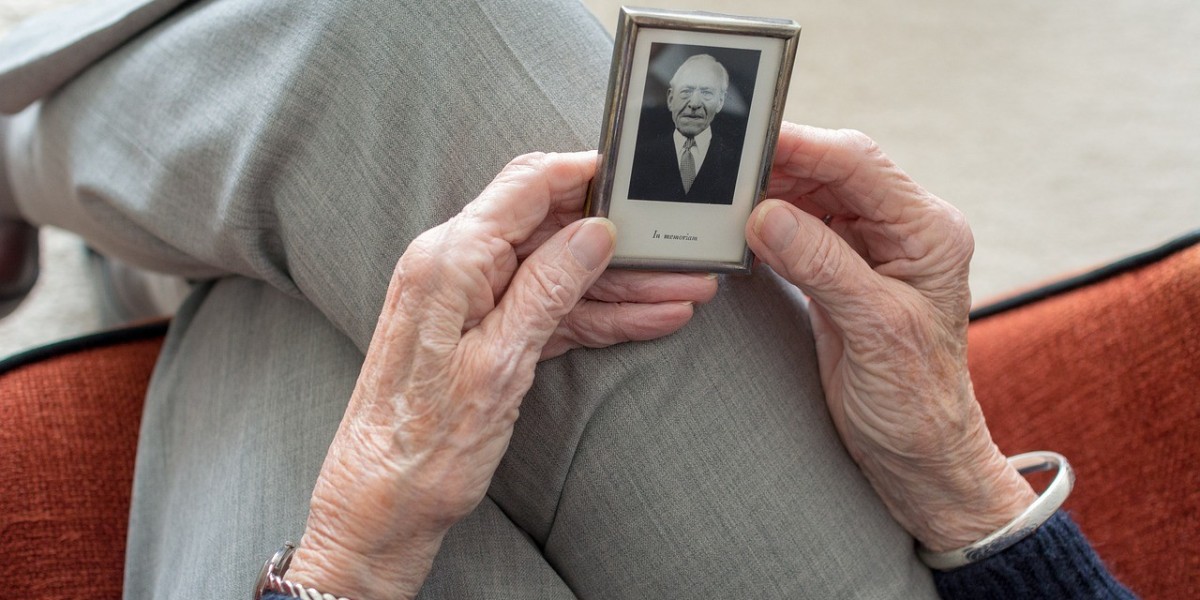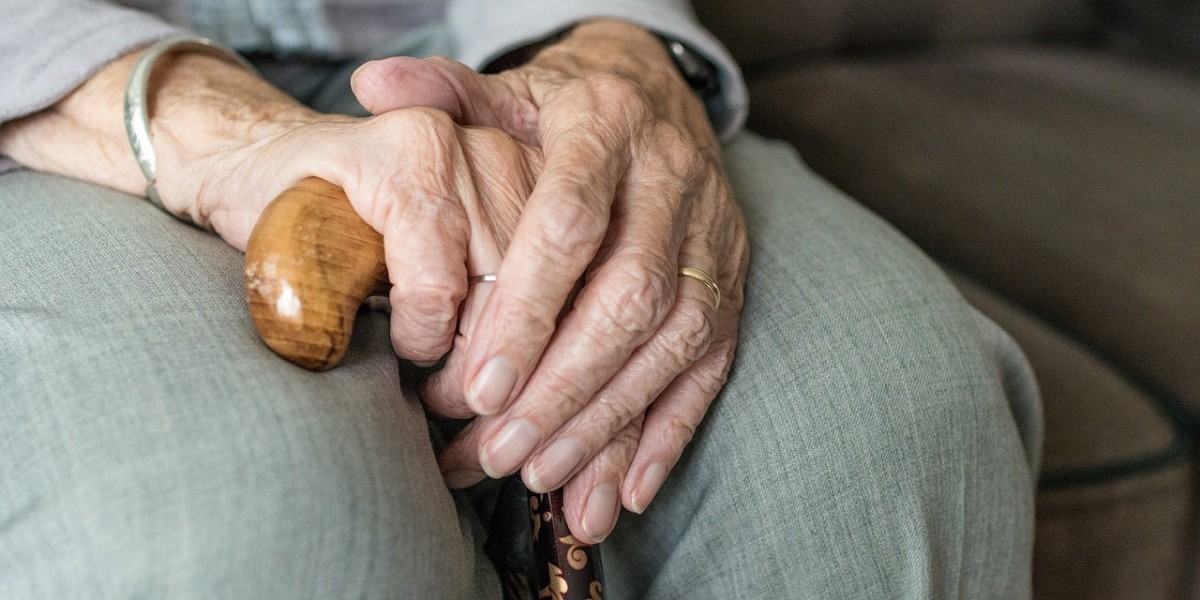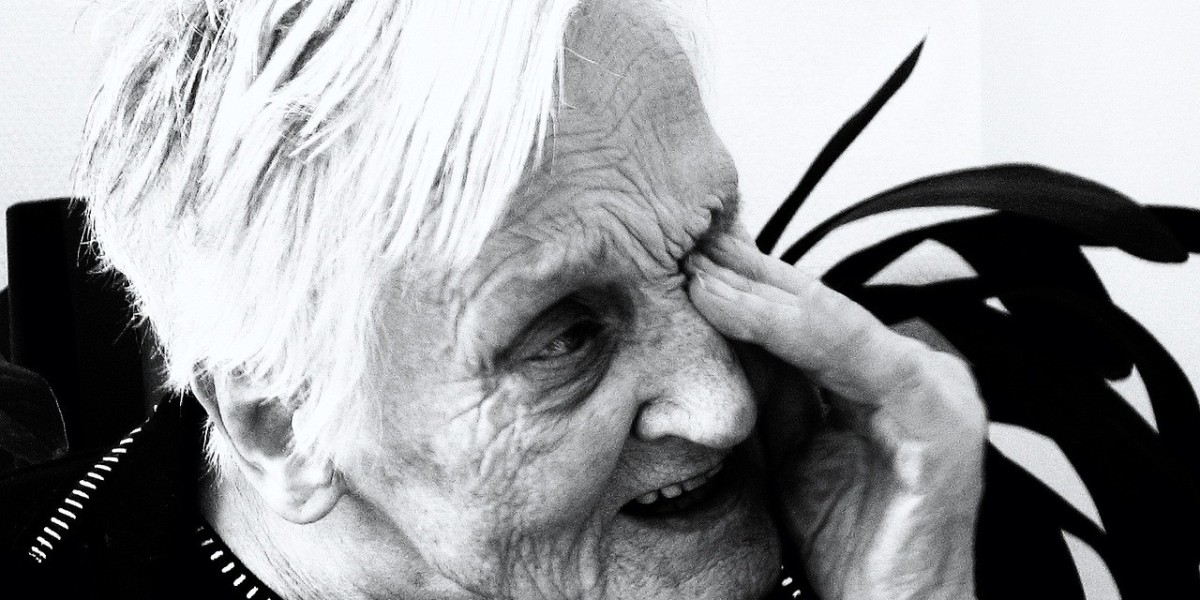Do you have a friend or family member who is a caregiver? If so, you might not always see the toll that caregiving can take on their well-being.
Caregiver burnout is a real and pressing issue that affects many dedicated individuals. By understanding the signs and offering your support, you can make a significant difference in their lives. Here’s what you need to know about caregiver burnout and how you can help.
What is Caregiver Burnout?
Caregiver burnout is a state of physical, emotional, and mental exhaustion that can occur when someone spends significant time and energy caring for a loved one. This burnout can lead to feelings of being overwhelmed, isolated, and even depressed.
It’s important to recognise these signs early to provide the necessary support.
Signs of Caregiver Burnout
Caregiver burnout can manifest in various ways. Here are some key signs to look out for in your friend or family member:
Physical Exhaustion: One of the most obvious signs of caregiver burnout is chronic fatigue. Your loved one may constantly seem tired, regardless of how much rest they get.
This exhaustion can affect their ability to perform daily tasks and can lead to a decline in their overall physical health. If you notice that the caregiver is always complaining of being tired or looking visibly worn out, it may be a sign that they are overwhelmed by their caregiving responsibilities.
Emotional Stress: Emotional exhaustion is another hallmark of caregiver burnout. Caregivers may experience heightened levels of irritability, anxiety, or feelings of hopelessness. They might become easily frustrated, cry more frequently, or show signs of anxiety such as restlessness or nervous habits.
This emotional strain can also manifest as a sense of being overwhelmed by even the simplest tasks. Paying attention to these emotional cues is crucial as they can indicate that the caregiver is struggling to cope with their responsibilities.
Social Withdrawal: Caregivers often sacrifice their social lives to dedicate more time to their caregiving duties. If your loved one starts to withdraw from social activities, cancels plans frequently, or isolates themselves from friends and family, it’s a sign they might be experiencing burnout. Social withdrawal can lead to feelings of loneliness and exacerbate the emotional stress that caregivers already face.
Neglecting Personal Health: When caregivers focus all their attention on the person they are caring for, they often neglect their own health needs. This neglect can include missing their own medical appointments, ignoring symptoms of illness, or failing to maintain a healthy diet and exercise routine.
If you notice that the caregiver is neglecting their own health, it’s a clear sign that they are prioritising their caregiving duties over their well-being, which can lead to severe health issues in the long run.
Changes in Appetite and Sleep: Significant changes in eating and sleeping patterns are common indicators of stress and burnout. A caregiver might lose their appetite or, conversely, overeat as a coping mechanism.
Similarly, they might have trouble falling asleep, experience restless sleep, or sleep excessively. These changes can further deplete their energy levels and affect their overall health, creating a vicious cycle of fatigue and stress.
Depression: Persistent sadness, a loss of interest in activities they once enjoyed, and other symptoms of depression are serious indicators of caregiver burnout.
If the caregiver seems constantly down, lacks motivation, or expresses feelings of worthlessness or despair, it’s crucial to take these signs seriously. Depression can have severe consequences if left unaddressed, and seeking professional help might be necessary.
How You Can Help
Supporting a caregiver can make a world of difference. Here are some ways you can help:
Be a Good Listener: Sometimes, just listening to their experiences and concerns can be incredibly therapeutic. Caregivers often need someone to talk to, someone who will listen without judgment.
By providing a sympathetic ear, you can help them feel heard and understood. Let them vent and share their feelings openly, offering empathy and understanding without trying to immediately solve their problems.
Offer Practical Assistance: One of the most tangible ways to support a caregiver is by helping with specific tasks. Offer to run errands, prepare meals, or take over caregiving duties for a few hours so they can take a much-needed break.
Even small acts of kindness, like picking up groceries or helping with household chores, can significantly lighten their load. This practical assistance allows them to rest and recharge, which is essential for their well-being.
Encourage Self-Care: Remind caregivers of the importance of self-care. They often neglect their own needs in favour of caring for their loved one. Encourage them to take time for activities they enjoy, whether it’s reading a book, going for a walk, or spending time with friends.
Self-care activities can help reduce stress and improve their mental health. Additionally, suggest they engage in regular exercise, maintain a balanced diet, and get adequate sleep, as these are crucial components of self-care.
Stay in Touch: Regular check-ins can make caregivers feel supported and less isolated. A simple phone call, text, or visit can go a long way in showing you care. Let them know you are there for them and that they are not alone in their journey.
Consistent communication can provide emotional support and remind them that they have a network of people who care about their well-being.
Suggest Professional Help: If the burnout seems severe, gently suggest seeking help from a professional, such as a therapist or counsellor who specialises in caregiver stress.
Professional help can provide caregivers with coping strategies and emotional support tailored to their specific needs. Encourage them to join support groups where they can connect with others in similar situations, share experiences, and gain valuable insights. Professional guidance can be instrumental in helping caregivers manage their stress and prevent burnout.
Join the We Talk Care Community
For caregivers, having a supportive community can be incredibly beneficial. Encourage your loved one to join the We Talk Care community of caregivers.
It’s a friendly, non-judgmental space where they can share their experiences, find support, and connect with others who truly understand what they’re going through. Being part of such a community can provide much-needed relief and companionship.
In the We Talk Care community, caregivers can access resources, participate in discussions, and find solace in knowing they are not alone. The shared experiences and collective wisdom within the community can offer valuable support and encouragement during challenging times.
Caregiving is a demanding and often unrecognised role that can take a significant toll on a person’s well-being. By recognising the signs of caregiver burnout and offering your support, you can help alleviate some of the burdens they carry. Encourage them to join the We Talk Care community for a friendly ear and the support they need most.
Together, we can ensure that caregivers receive the care and support they deserve.








